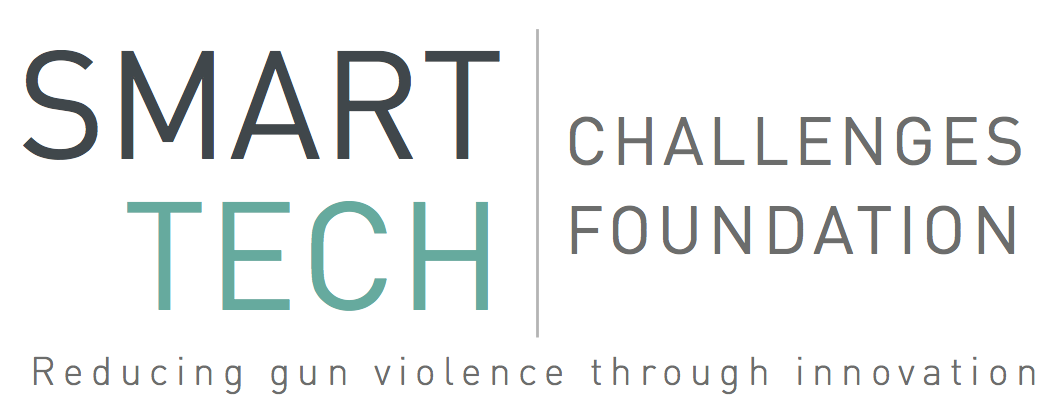VIDEO: Backed By Silicon Valley, Newtown Group Launches Safety Campaign For Parents—And Gun Owners
Originally published on FastCompany.com.
Today, Newtown nonprofit Sandy Hook Promise is launching Parent Together. The child welfare initiative is backed by Facebook, Twitter, Google, Yahoo, AOL, and others and targets gun owners, non-owners, Republicans, and Democrats.
Time, Nicole Hockley fears, is running out. A month from today is the one-year anniversary of the mass shooting at Sandy Hook Elementary School. For a day, maybe a week, the nation will look back and remember that 20 first graders and six teachers were gunned down by a mentally disturbed 20-year-old armed with an assault rifle. They’ll remember the national shock that followed … the sorrow … the outrage.
But then what?
“What happens after December 14, 2013?” Hockley asks in a recent interview with Fast Company. “Do people go away and forget about Sandy Hook until the next major tragedy? That personally upsets me.”
Her younger son, Dylan, was killed that day.
Hockley and her fellow members of Sandy Hook Promise, a Newtown, Connecticut nonprofit, are determined to turn their loss into something meaningful–and lasting. Today, the group is launching Parent Together, a social movement that rallies gun owners and non-gun owners, Republicans and Democrats, around a shared concern: the welfare of children. Facebook, Twitter, Google, Yahoo, AOL, and other tech leaders have chipped in. Between Nov. 14 and Dec. 14, Sandy Hook Promise aims to have 500,000 parents take its promise to “parent together.” The emphasis is on safety, not politics. “We can’t just talk about guns and gun legislation,” says Hockley. “This has to be about community.
This is how I keep Dylan alive. This is a way I can honor him.
Often, advocacy groups formed in the wake of a searing tragedy struggle to survive. Over time, they run out of steam or lose focus, worn down by political stagnation, cynicism, or the weight of grief. Last week, at Fast Company‘s Innovation Uncensored conference in San Francisco, Hockley told a rapt audience that Sandy Hook Promise is under no illusions about the difficulty of changing the culture and diminishing the epidemic of gun violence. “It’s going to be a marathon,” she said. “It isn’t going to happen in the next year. It could take a decade.”
In the 11 months since the mass shooting, Sandy Hook Promise has been not just busy but strategic. Its members lobbied in several states for gun safety and mental health laws, alongside the president and vice president, members of Congress and governors, becoming experts in both policy and the legislative process. In Connecticut, the new measures passed and are considered the toughest in the country.
But the project that truly set Sandy Hook Promise apart was its partnership with Silicon Valley. Knowing the obstacles to changing policy, the parents took the unusual step of also pursuing technological solutions. “For years it’s been the same topics, the same positions, and nothing changes,” says Tim Makris, the group’s executive director. “We said, ‘We’ve got to take a different approach.'”
They met with the Tech Committee to Reduce Gun Violence, a Silicon Valley group started by the prolific angel investor Ron Conway after the Newtown shooting. The two groups launched the Sandy Hook Promise Innovation Initiative, an effort to channel venture capital investment in underfunded companies working on potential breakthroughs with smart guns, school safety, big data, and mental illness treatment.
In October, when I met Hockley and Makris in Newtown, they were studying successful social movements–civil rights, Mothers Against Drunk Driving, marriage equality–to see what they could learn. The day before, they had sat down with a couple of Harvard professors, who are experts in the field. “What those movements did was change the language and reframe the conversation,” Hockley says. “They found a way to engage people who aren’t in agreement and to get them to say, ‘I hadn’t thought about the issue from that perspective.'”
Another advantage for Sandy Hook Promise is the makeup of its members. They’re veteran marketers, a journalist, an IT executive, and a therapist, among others. The group conducted focus groups with parents who are gun owners to better understand their views and find common ground. “Everyone here is schooled in ‘listen and learn,'” says Makris, a former marketer at Proctor & Gamble. “There are going to be sensible solutions coming from both sides.”
